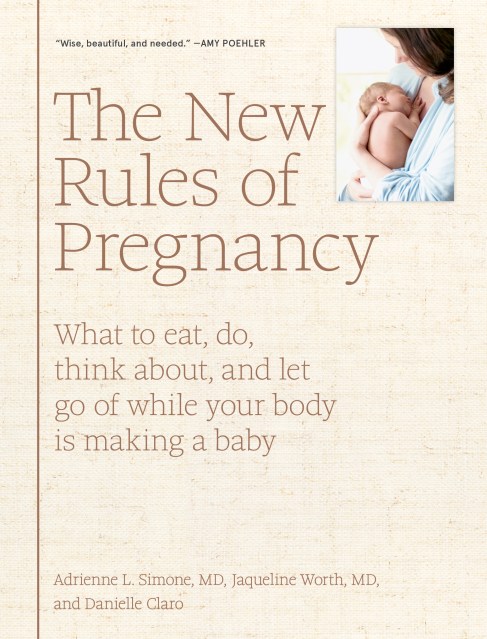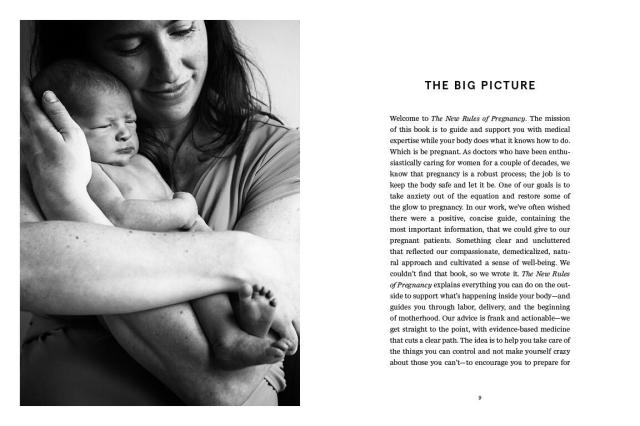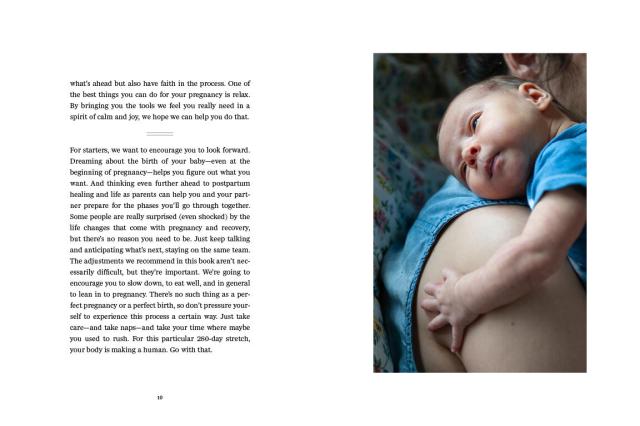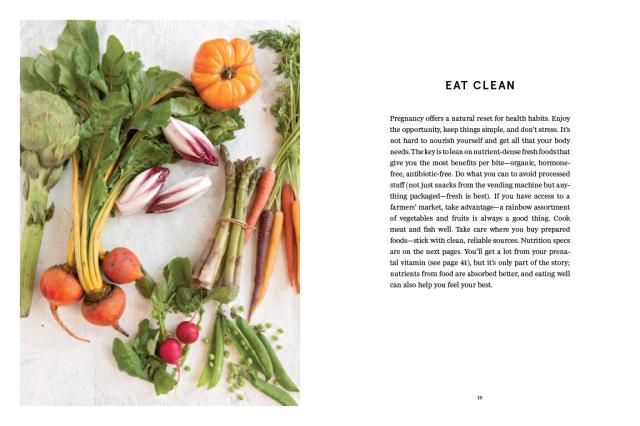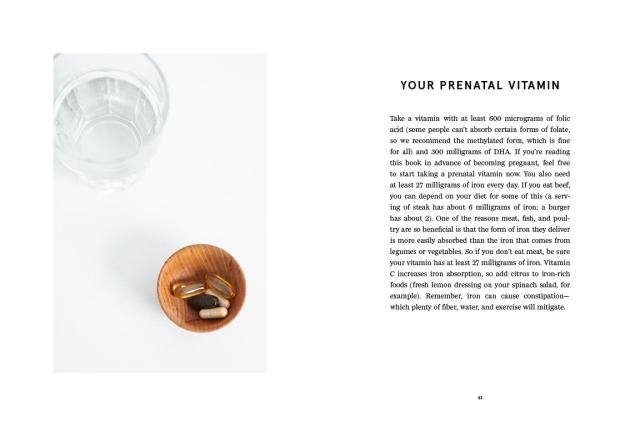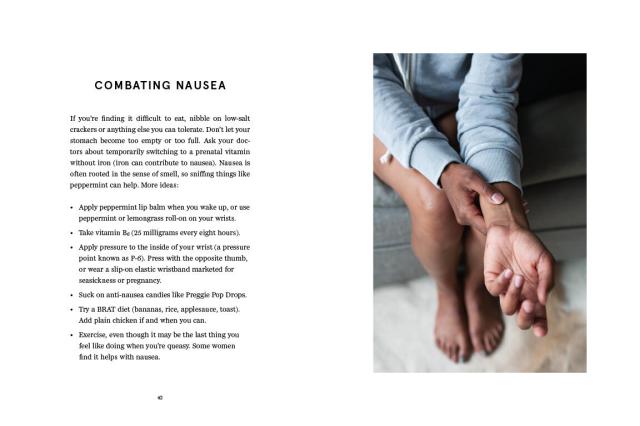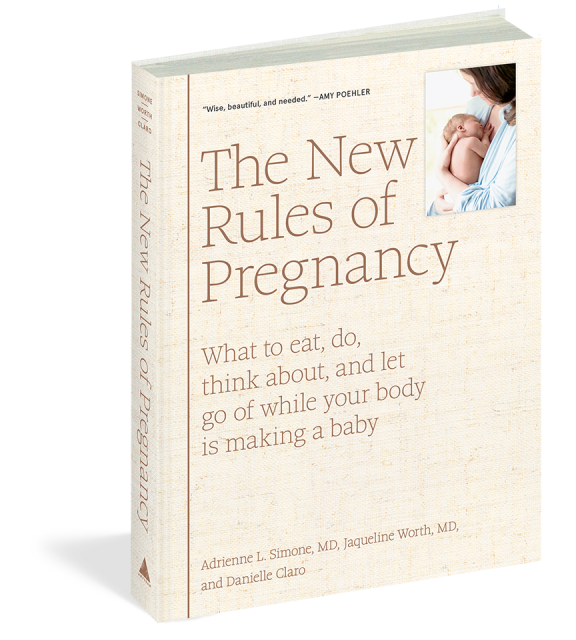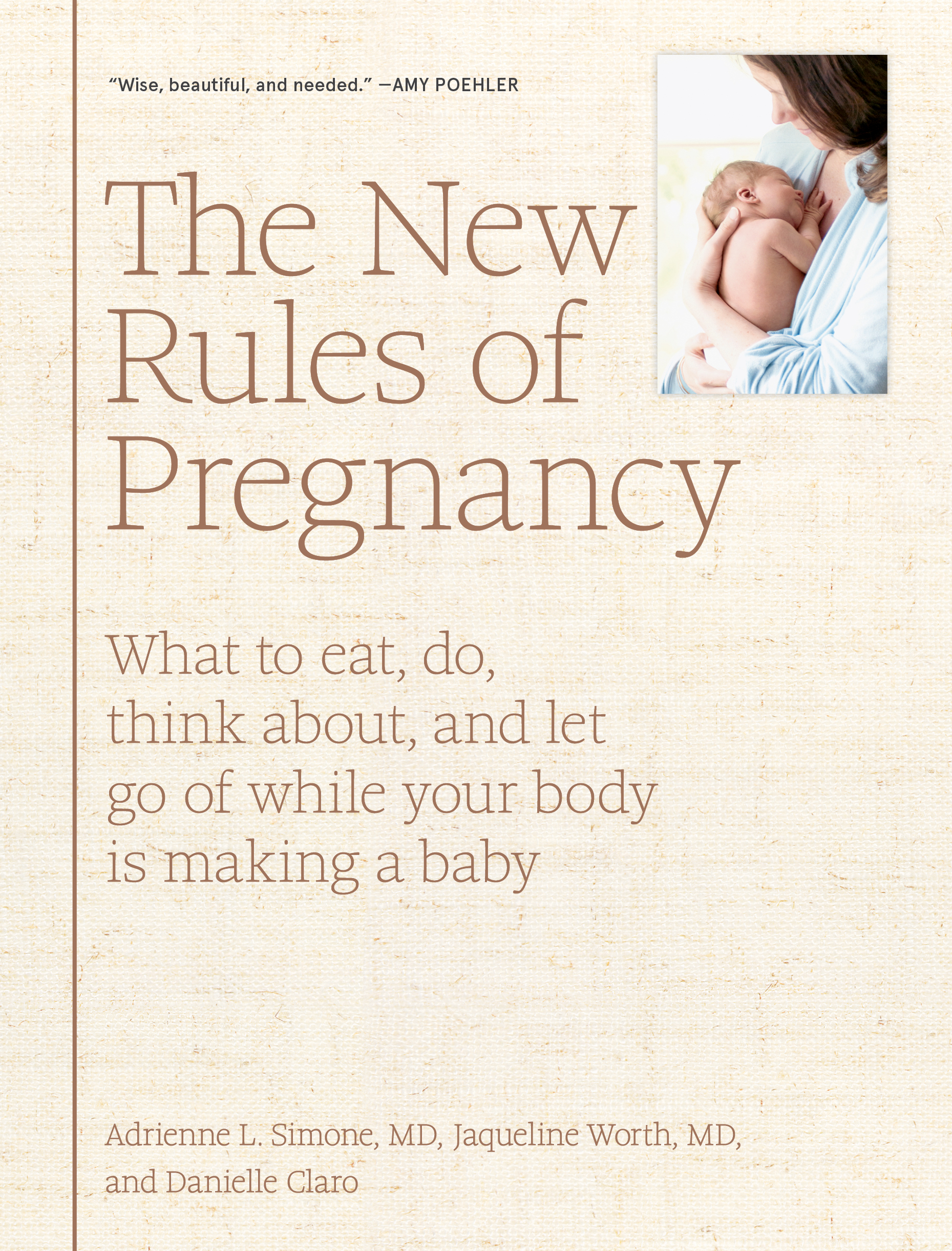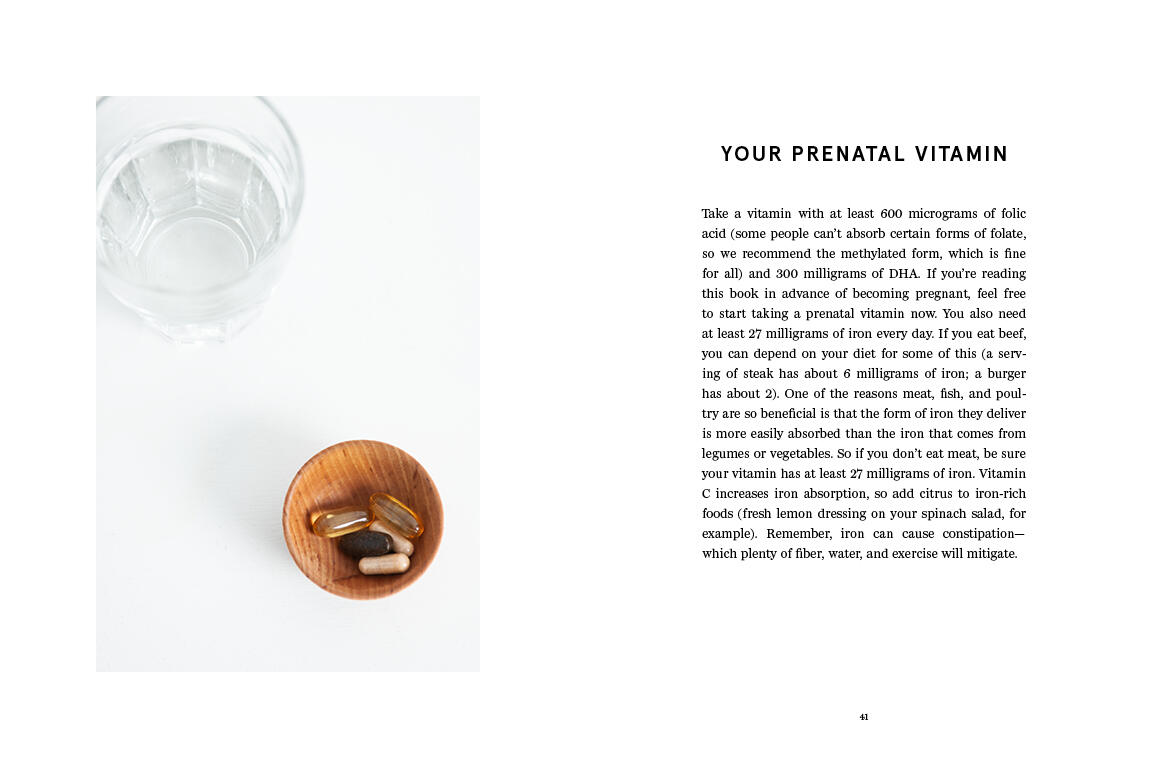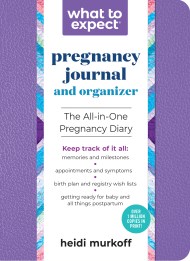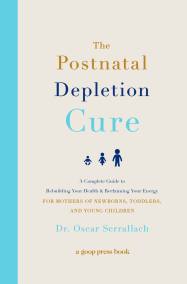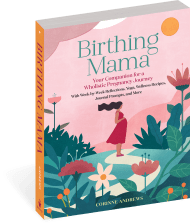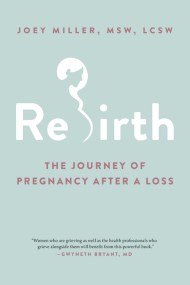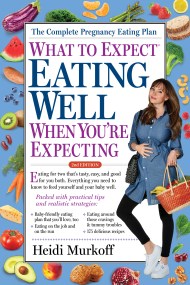Promotion
Use code MOM24 for 20% off site wide + free shipping over $45
The New Rules of Pregnancy
What to Eat, Do, Think About, and Let Go Of While Your Body Is Making a Baby
Contributors
By Jaqueline Worth, MD
By Danielle Claro
Formats and Prices
Price
$19.95Price
$24.95 CADFormat
Format:
- Hardcover $19.95 $24.95 CAD
- ebook $11.99 $15.99 CAD
This item is a preorder. Your payment method will be charged immediately, and the product is expected to ship on or around April 2, 2019. This date is subject to change due to shipping delays beyond our control.
Also available from:
2019 National Parenting Product Award (NAPPA) Winner
Finally, a calming pregnancy book that cuts through the noise to tell expectant mothers exactly what they need to know—and what they can stop obsessing about and over-researching. In The New Rules of Pregnancy, two leading OB-GYNs guide you, the modern pregnant woman, through all aspects of pregnant life in an easy-to-digest, compassionate, and motivating way. Instead of a detailed week-by-week look at your baby’s development, it’s all about you, and how to help your pregnancy go as smoothly as possible. It assumes an intelligent, busy reader (who, somewhere inside, is shouting, “Just tell me what to do!”). Every aspect of pregnant life is covered—from the practical details (how to fly pregnant) to the complex issues (“What makes it postpartum depression?”). The book also covers that critical “fourth trimester”—“Nursing” and “How to Feel Like Yourself Again”—because once the baby is born, self-care typically goes out the window, and you really need someone to have your back. Its strong point of view and expertise come from gynecologist Adrienne Simone and obstetrician Jaqueline Worth—two renowned New York doctors dedicated to bringing patients the safest, calmest, least invasive pregnancies possible. The book’s voice—motivating, supportive, real—comes from Danielle Claro, coauthor of The New Health Rules.
Genre:
-
“The smart, supportive book that’ll help you stop the 3 a.m. Googling. . . . [U]nlike all those hours spent scrolling through mommy forums, this advice comes from a place of compassion and from actual experts.”
—PureWow
“In this tribute to and celebration of moms to be, two leading OB-GYNs cover all aspects of pregnant life in an easy-to-digest and compassionate way.”
—L.A. Parent
“An easy to use reference book. . . . The clear message from this book is that your body knows what it is doing, and this book is assisting you during this process. This is a refreshing perspective, and aims to increase confidence in women during this potentially stressful and anxious time. With the information being delivered in bite-size chunks this assists in reducing the feeling of ‘information overload’ which can occur when reading a guide book.”
—Nursing Times
“I felt calmer just paging through The New Rules of Pregnancy. . . . The anxiety brought upon by some past pregnancy books is real; sometimes, too much information really is too much. But this sweet little book keeps most pieces of advice to a single page. Nutrition, stretch marks, sleep, birth plans, nursing—it’s all here, but it’s never more than a mom-to-be can handle. The overarching message from authors Dr. Adrienne L. Simone, Dr. Jaqueline Worth and Danielle Claro is to relax as much as you can, be kind to yourself and experience the magic. ‘Our mission was not only to inform, but to bring some of the beauty back to pregnancy,’ the authors write in an afterword. Mission calmly, beautifully accomplished.”
—BookPage
“As caring as the physicians who wrote it, The New Rules of Pregnancy contains all you need to know about the amazing sci-fi adventure that is having a baby. Wise, beautiful, and needed.”
—Amy Poehler
“A mindful, intelligent guide—supportive, concise, and full of actionable advice. This is the pregnancy book I would give to my daughter.”
—Frank Lipman, MD
“A beautiful, comforting, and calming companion to any pregnancy. It’s the only pregnancy book I will ever recommend and (spoiler alert!) what I’ll be giving at every baby shower. This is the perfect How-to-Love-and-Support-Your-Already-Genius-and-Totally-Capable-Body-Through-Pregnancy guide.”
—Téa Leoni
“This modern book on pregnancy brings us back to a place we never should have left—intuitive, noninvasive, common-sense care for mama and baby.”
—Rebecca Minkoff
- On Sale
- Apr 2, 2019
- Page Count
- 256 pages
- Publisher
- Artisan
- ISBN-13
- 9781579658571
Newsletter Signup
By clicking ‘Sign Up,’ I acknowledge that I have read and agree to Hachette Book Group’s Privacy Policy and Terms of Use
